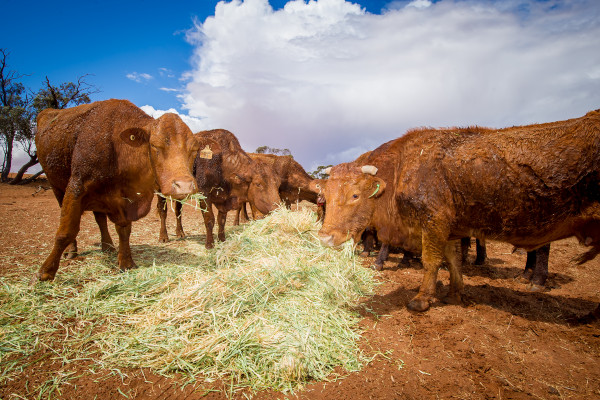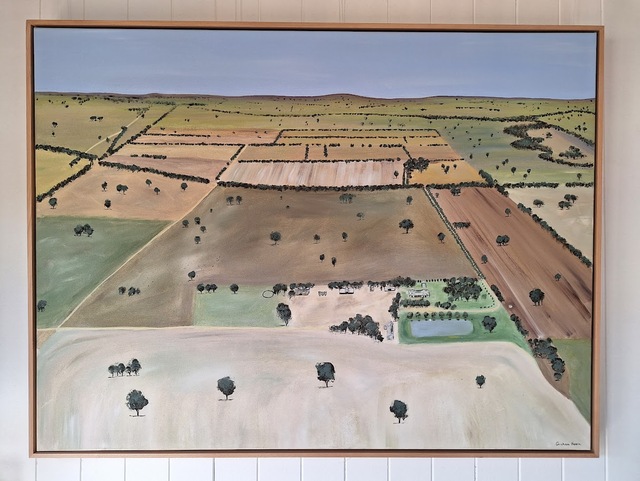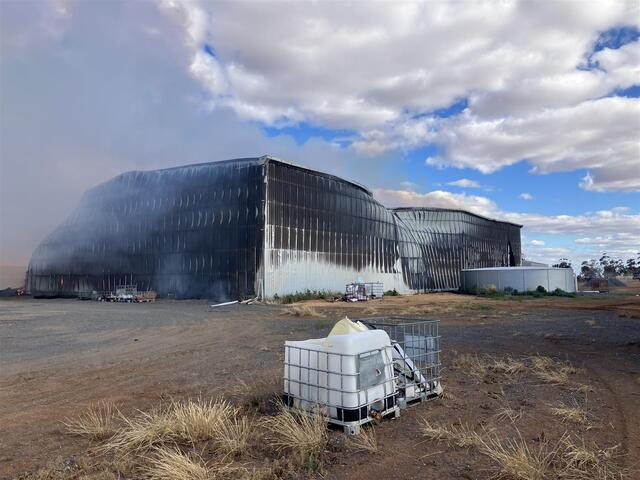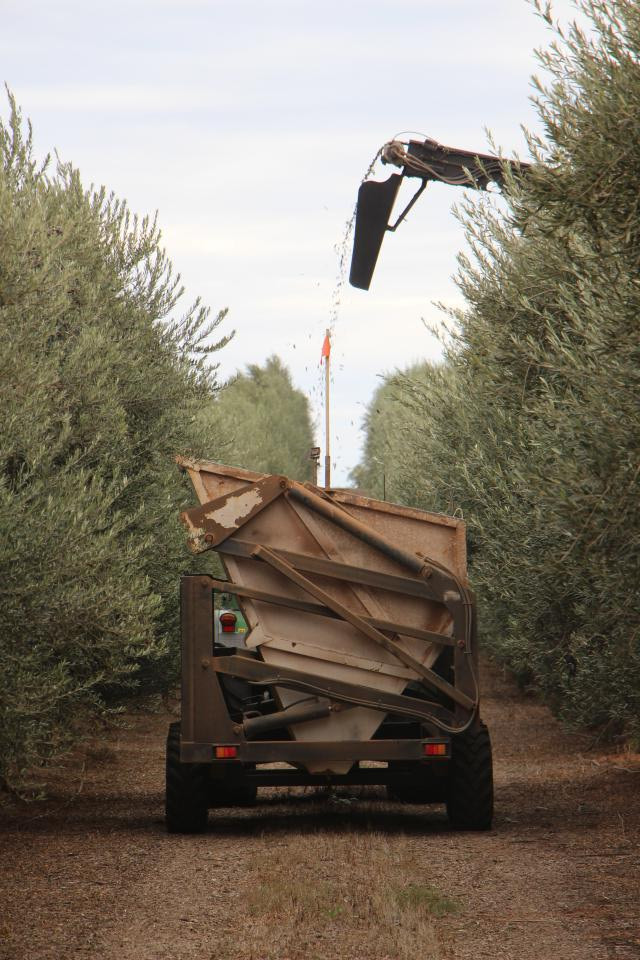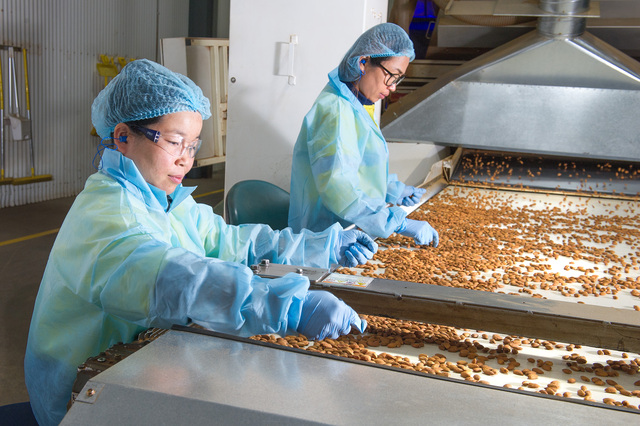NORTH west Victorian livestock producers have been warned they must follow biosecurity laws when importing grain and fodder from interstate.
Agriculture Victoria grains industry biosecurity officer Jim Moran said varying weather conditions since late 2023 are likely to have impacted the quality and quantity of available local fodder across much of eastern Australia, pushing livestock producers interstate to meet ongoing feed demand.
Mr Moran says fodder movement laws are there for a good reason – to prevent the spread of weeds, pests, and diseases beyond known infestations and onto paddocks.
He said Victoria’s Plant Biosecurity Act 2010 describes restrictions on the entry into Victoria of material which is a host of a specified pest or disease.
And there are serious penalties for non-compliance.
“In some cases, the consignment will need to travel with a plant health certificate (PHC) issued by biosecurity officers in the source state,” he said.
“This certificate assures Victoria the prescribed conditions for entry, including sampling, testing, inspection, and other analyses, have been conducted and the consignment is free from risky pests and diseases.
“For example, the entry or importation of cereal grain (wheat, barley, oats) and lucerne, pasture, and cereal hay into Victoria for livestock feed is prohibited unless it meets Condition 20A of the Victorian PQM.”
This condition states:
“It must originate from a state or territory free from annual ryegrass toxicity (ARGT), including Queensland, Northern Territory, and Tasmania, where the respective state government has issued an area freedom certificate for ARGT.
“If it comes from NSW, Western Australia, and South Australia, it will need to travel with a plant health certificate (PHC) issued by biosecurity officers in that state. This assures Victoria the consignment is free from ryegrass containing the bacterium that causes ARGT.
“If grown or packed on a property within 25km of a green snail infestation, it is prohibited under Condition 23D in the Victorian PQM.
“A plant health certificate (PHC) or plant health assurance certificate (PHAC) must accompany the consignment to certify compliance with this entry condition.”
The entry or importation of grain legumes (chickpeas, faba beans, field peas, lentils and lupins), from any state, into Victoria for stock feed only, is allowed without restrictions.
Mr Moran said that if possible, feed livestock only in designated quarantine paddocks, where any potential issues can be contained and are easier to look for.
Thereafter, he said landowners should be on the lookout for anything new or suspicious that germinates in your paddock and have it identified and eradicated quickly.
For more information on the biosecurity entry conditions, when importing feed for your livestock from interstate, and for any other biosecurity query, contact Agriculture Victoria to speak to a biosecurity officer on 136 186.

